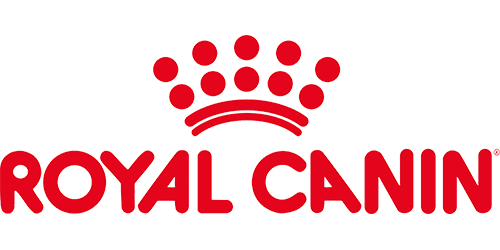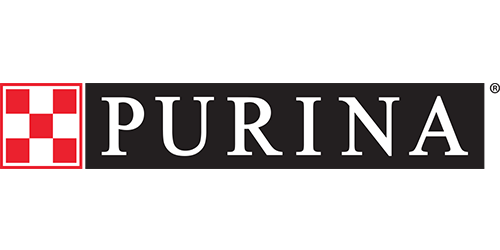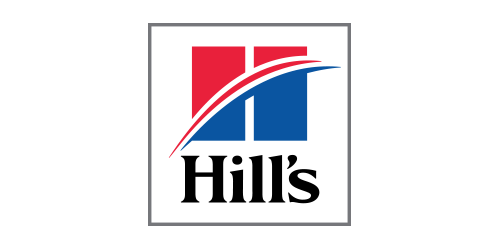Learn to recognize and fight weight gain in your cat
You may be surprised to hear that more than half of all cats are overweight or obese—as much as 60% according to a U.S. study conducted by the Association for Pet Obesity Prevention. Read the 2018 Pet Obesity Survey Results to find out more.
With so many fat cats out there, a little extra weight on yours might look normal. If your cat is at a good weight and you compare them to most cats (who are on the hefty side), you may think yours is too skinny when it’s not. You might even subconsciously try to help them put on pounds!
Be aware that a cat is considered overweight at 10% to 20% more than their ideal weight. Beyond 20% and they’re tipping the scales into obesity. That means that if your cat’s ideal weight is 10 lb (4.5 kg), they’re obese if they weigh more than 12 lb (5.5 kg).
You have to figure out your cat’s ideal weight to know for sure. What’s your cat’s ideal weight? Talk to your veterinarian. They can tell you based on your cat’s body condition score. Learn more with this body condition score chart.



